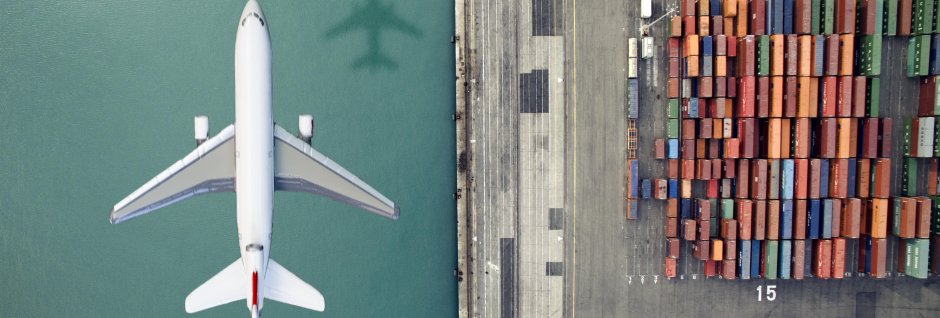Registered Exporter in the Generalized System of Preferences

Within the framework of the Generalized System of Preferences (GSP) a new system for certification of the origin of goods, the Registered Exporter system (REX; Registered Exporter), was implemented on January 1, 2017.
Under this new system, exporters from a GSP beneficiary country are required to register with the appropriate authority in order to list a “certificate of origin” on their invoices. Within the scope of the GSP, the “FORM.A” certificate will consequently be withdrawn in the future. Implementation will take place in phases, with a target date of July 30, 2020 for the completion of the conversion. The REX system will in addition eventually have to be used when applying regional cumulation in GSP beneficiary countries.
In line with the IT trend prevailing in the recent Union Customs Code (UCC), the REX system will be highly automated. A digital database will, for example, be used by competent (GSP) authorities to register exporters wishing to export to the EU under the GSP system. In addition, GSP beneficiary countries will be granted access to a web application in order to facilitate the collection of the necessary data for the REX system. Importers will in future be able to consult this database to determine whether goods may receive preferential treatment.
Registration requirement
As already mentioned, the REX system enables market participants to prepare their own certificates of origin in the case of preferential trade. The freedom to do this is, however, accompanied by responsibilities and associated requirements in the form of procedures and conditions.
Importing into the European Union (EU) using preferential origin entails more risks than before. As a consequence of the REX system, competent authorities are mostly concerned with the registration of exporters, after which the exporter is supposed to comply with origin rules. Importers acting in good faith, in the event of irregularities, have little or no possibility to invoke rules on errors by the competent authorities under the UCC. Market participant are wise to take the necessary precautions - such as procedural and contractual measures - in view of the risk of recovery of customs duties.
A trader must register with the competent authorities for inclusion in the aforementioned database. In certain cases, this requirement also applies to businesses within the Union. This must, for example, take place when goods (with a value exceeding EUR 6,000) are exported from the Union for processing or treatment in one of the GSP beneficiary countries (‘bilateral cumulation of origin’).
Businesses within the EU must also register in the REX system if they want to transport goods with a GSP certificate of origin under Customs control to another location within the Union or for the transit of such goods to Switzerland or Norway. Dutch businesses faced with the abovementioned situations can register with the National Origin Team as a “registered consignor” as of January 1, 2017.
As mentioned before the REX system will be implemented in phases. As of January 1, 2017 the above will apply to the following GSP beneficiary countries: Congo (Democratic Republic), Comoros (excluding Mayotte), Guinea-Bissau, India, Kenya, Laos, Niue Island, Solomon Islands and Zambia. Other GSP beneficiary countries have stated that would like to introduce the REX system at a later date; more than seventy countries have opted to implement the new certification system from 2018 or 2019 or have not yet made a decision about the effective date.
Certificate of origin
The new proof of origin ensuing from the REX system is referred to as “certificate of origin”. The registered market participant must, in principle, prepare this document for every consignment. A single certificate of origin may cover several consignments if it complies with the following conditions:
- the goods are not assembled or disassembled within the meaning of General Rule 2a for the interpretation of the Harmonized System;
- the goods are classified under Chapters XVI (machinery, etc.) and XVII (vehicles) or heading 7308 (structures and parts of structures, etc.) or 9406 (prefabricated buildings) of the Harmonized System; and
- the goods are intended to be imported in split consignments.
The (dated) certificate must be included on a commercial document containing both the name and address of the exporter and the recipient. This will usually be a sales invoice. The certificate is then valid for twelve months from the date of drafting, subject to legal exceptions (extraordinary circumstances or in other situations where the goods have been declared to Customs before the expiration of the deadline). The certificate must be dated.
It should be noted that the certificate may only be drawn up in one of three languages: English, French and Spanish. The standard text to be used for the certificate is included in Annex 22-07 of the UCC Implementing Regulation.
Finally, we would like to draw attention to the possibility of drafting a certificate retrospectively and replacing a certificate. Within the scope of export from a GSP beneficiary country a certificate of origin can be drawn up until two years after the export of goods. This takes place by lodging the filed customs declaration with the customs authorities. It is also possible to convert existing documents (such as FORM.A, invoice declarations, etc.) to the certificate of origin if they fulfill the conditions laid down in the Implementing Regulation and its Annex 22-20.
Conclusion
Digitization and self-certification occupy center stage within the framework of the REX system. Exporters from GSP beneficiary countries are free to issue certificates of origin, thereby entailing a shift in responsibility; monitoring by the authorities will mainly take place subsequently. In the event of irregularities, importers acting in good faith have little or no possibility to invoke an error by the competent authorities under the UCC. Market participants are wise to take the necessary precautions - such procedural and contractual measures - in view of the risk of recovery of customs duties.